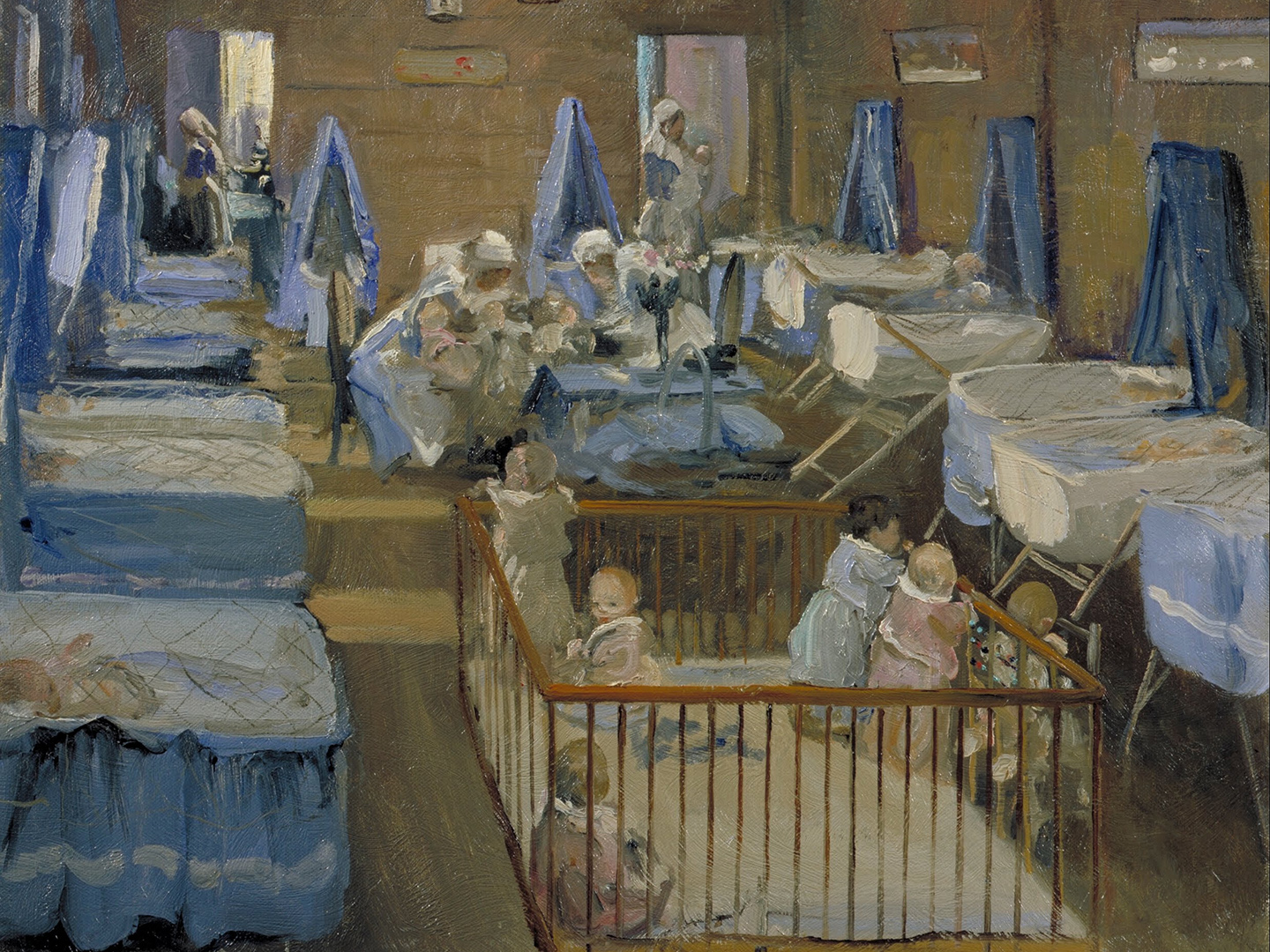Date and Time:
Tuesday, April 25, 2023 at 12:00 p.m. - 1:30 p.m. EDT
Background:
There is global agreement illustrated by the United Nations Convention on the Rights of the Child, the most widely-adopted human rights treaty in the world, that optimal support for a child comes from a caring and protective family. In addition, Catholic social teaching, outlined in the Compendium of the Social Doctrine of the Church, seeks the whole development of the child within a family setting, affirming God’s plan for family to be a child’s most important source of love, emotional support, and spiritual guidance. Yet, when vulnerable parents and families do not have the resources to meet their basic needs, or are otherwise unable to access fundamental protections, the risk of child-family separation increases.
Millions of children across the world live in residential care settings, often known as orphanages. More than 80 percent of children living in such environments have at least one living parent, with poverty being the primary reason vulnerable children are placed in care. Decades of research have shown that children’s well-being is seriously impacted by lack of family care. Family separation, combined with the inappropriate use of alternative care, including orphanages and residential institutions, can lead to immediate and long-term physical, social, psychological, and emotional harm. Children in such circumstances often experience abuse, neglect, lack of stimulation, and extreme and toxic stress, all of which have a profoundly negative effect on a child’s development and adult outcomes.
During this webinar, participants will explore the Christian call to “care for the orphan” that is echoed throughout scripture (Baruch 6:37; Deuteronomy 10:18 and 14:29; Exodus 22:21-23; James 1:27; Job 29:12; Psalms 10:14, 68:6, and 146:9; Sirach 35:17) and shared through Christian tenets, values, and ministries. What is the Catholic Church’s history with regard to orphanages and children’s residential care institutions? How have these practices changed over time in response to growing evidence about better care alternatives? The hour-long discussion will be followed by a 30-minute live Q&A with the audience.
The forum on Faith and the Family: Propagating and Preventing Child-Family Separation across Time and Context is convened by Catholic Relief Services and Georgetown University’s Collaborative on Global Children’s Issues, in coordination with the Changing the Way We Care initiative and strategic partners.
English, French, and Spanish interpretation will be available. Please email globalchildren@georgetown.edu by Friday, April 21 with additional accommodation requests.

